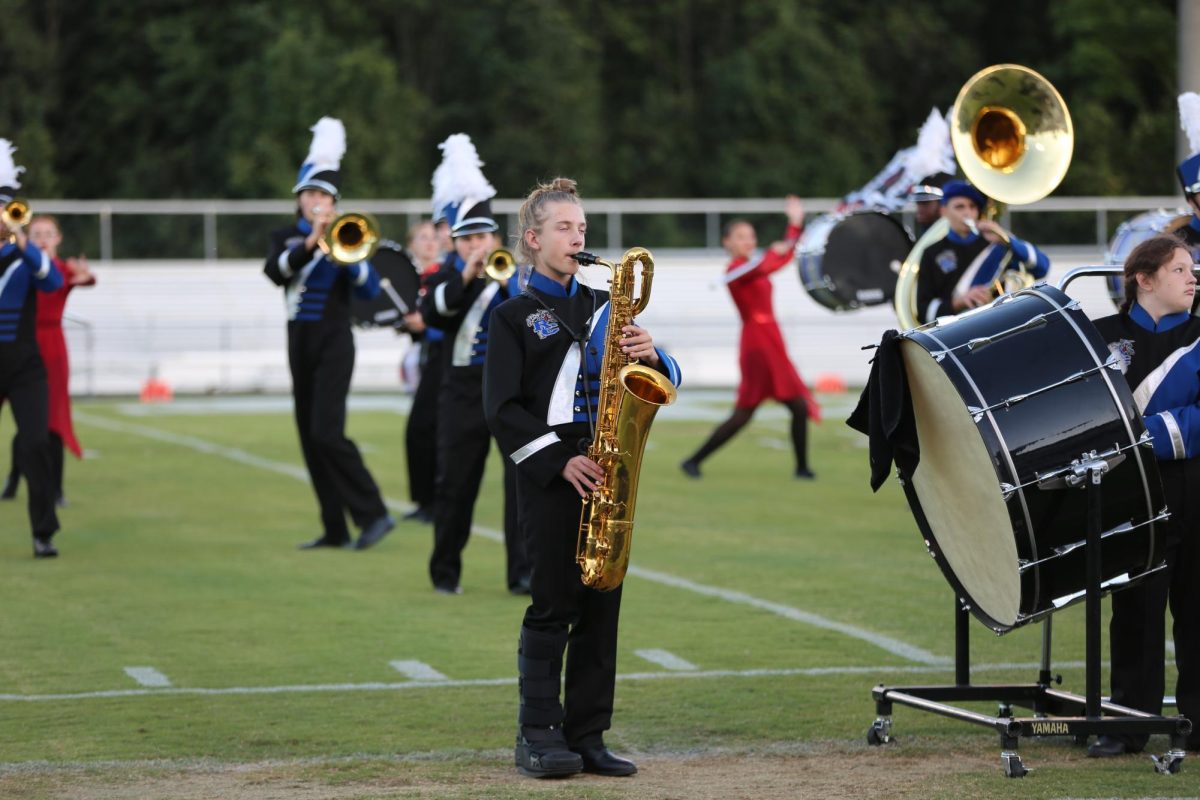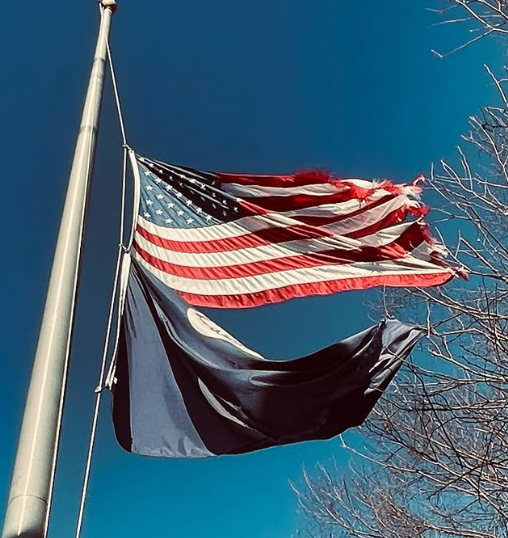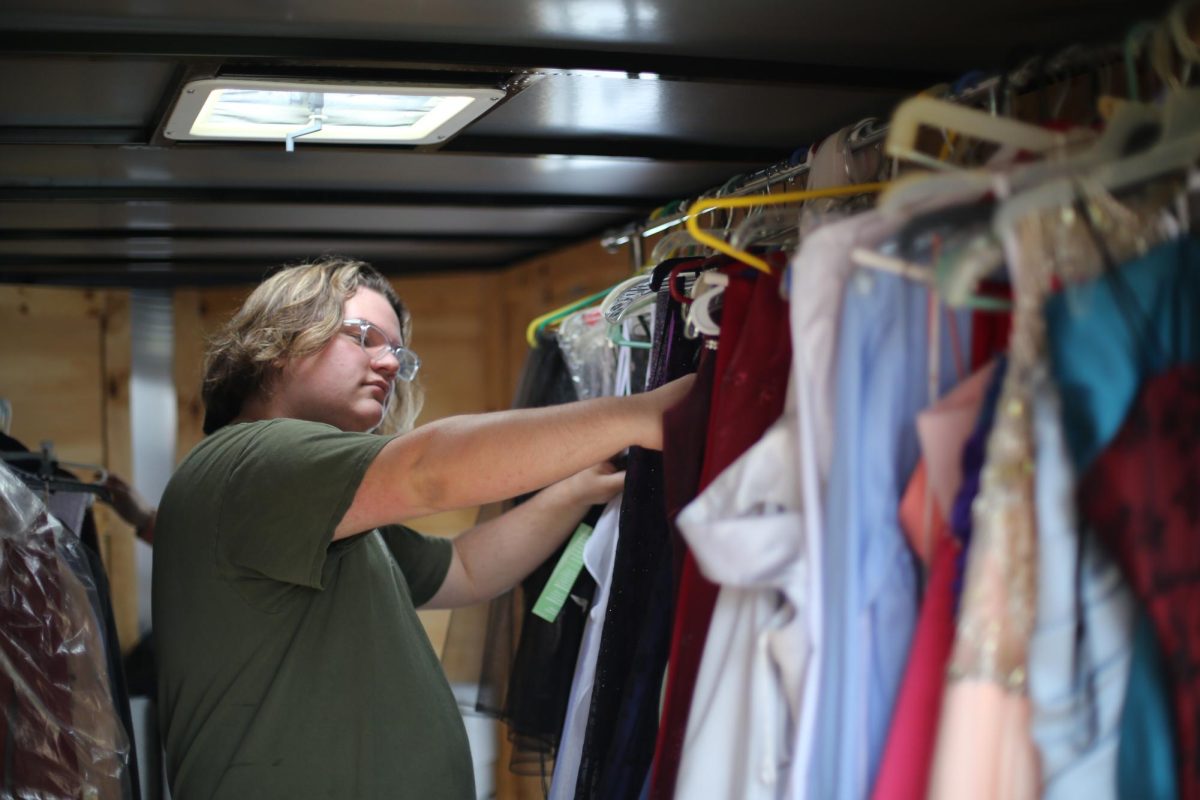The Natural Bridge Zoo has been the center of local attention and drama for months now. On Dec. 6, the Virginia attorney general executed a search warrant on the zoo, citing numerous animal rights violations.
In the search, state officials seized over 90 animals including parrots, pythons, and llamas. Additionally, officials seized computers, log books, medications, and deceased animal parts related to the investigation.
The search warrant for this seizure was gained based on intel from an undercover agent at the zoo, who cited a number of concerns. For example, the agent said the zoo’s elephant, Asha, was “standing and sleeping in her own urine.” The agent continued by describing a situation where the staff treated a zebra with a “medication [that] was expired and prescribed for another animal.” This testimony provided probable cause for the warrant.
Following the search and seizure of animals at the zoo, state officials filed charges against Deborah and Karl Mogensen, owners of the zoo.
The initial trial started Dec. 9 as the Virginia attorney general brought in a number of experts such as Darren Minier, director at Oakland Zoo in California.
“It would be difficult to call Natural Bridge Zoo a zoo,” said Minier. “People can come and see the animals, but the evidence of feeding, of care, as belied by the budgets and the logs and what I could glean from the medical records — is that it’s more focused on propagation of animals.”
Mario Williams, attorney for the Mogensens, argued that the owners were fair and reasonable in their treatment of the animals.
“Not every dog is required to have a perfect doghouse, not every animal is required to have food or water every second of the day, and even housing space requirements demonstrate the law’s focus on ensuring adequate mobility for the animals, in proper context,” said Williams.
Williams went on to claim that the prosecution had alternative motives.
“[The state is] trying to put [the Mogensens] out of business,” he said.
Meanwhile, Michelle Welch of the attorney general’s office reiterated the argument that the Mogensens treated their animals poorly.
“The County’s witnesses have … testified that there was a direct and immediate threat to the animals’ life, safety, or health,” she said.
After closing arguments, Judge Norman Mooney announced a mixed decision in which 61 of the seized animals will be forfeited on grounds of “cruel or inadequate treatment,” but the 39 remaining animals were to be returned to the Mogensens.
Attorneys representing the Mogensens appealed this decision Feb. 1 to the circuit court.
“Now we have a jury trial … we’re hoping to get the rest of the animals back,” said Williams.
The appeal trial began on Feb. 26. Welch followed a similar argument as the first trial, focusing on “pull[ing] back the curtain on the zoo.”
On the other hand, Erin Harrigan, representing the Mogensens, tried to convince the jury that the prosecution was painting a false reality.
“The story the county told you wasn’t actually the story of these animals and how they were cared for by the Natural bridge Zoo,” said Harrigan.
After hearing over ten hours of discussion, testimony, and evidence, the jury went into deliberations at approximately 1:30 p.m. March 4 and announced their decision around midnight that night: 71 animals would be forfeited to the state while only 29 would be returned to the Mogensens.
Post-trial hearings continued on April 4 with a series of motions and counter motions. Final discussions are set to continue June 10.
It is unclear when, if ever, the Mogensens will reopen Natural Bridge Zoo. Currently, they have started a GoFundMe fundraising page with a goal of $100,000 but are well under that goal.








